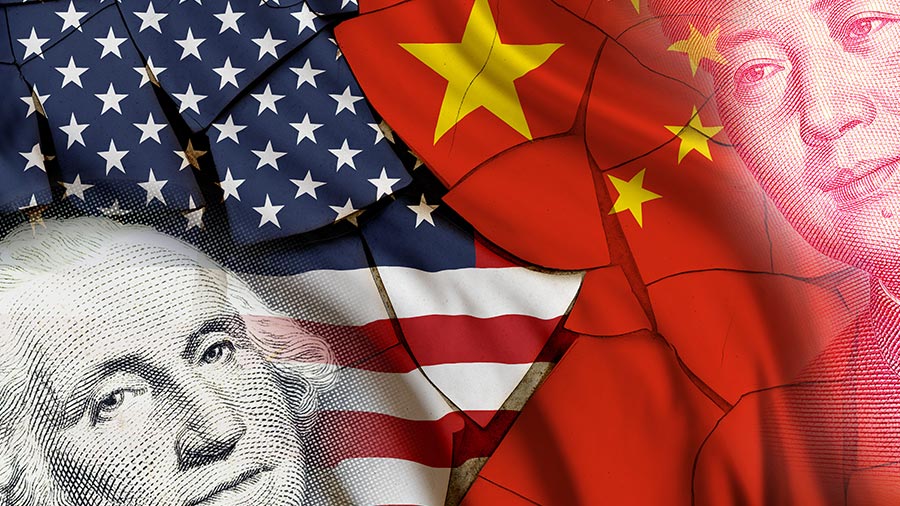A number of retail trade groups issued statements strongly criticizing the Trump administration’s threat to raise tariffs higher and order U.S. companies to exit China. The threats came Friday after Beijing unveiled retaliatory tariffs on $75 billion in U.S. goods.
President Donald Trump ordered existing U.S. tariffs on $250 billion worth of goods be hiked to 30 percent from 25 percent. He also said he would raise planned tariffs on another $300 billion worth of goods to 15 percent, up from an earlier plan of 10 percent levies beginning Sept. 1.
Finally, Trump promised to declare a “national emergency” to order U.S. companies to cut ties with China.
The developments rocked the stock market on Friday and heightened concerns that the continuing trade war could drive the U.S. into a recession.
In a statement, The National Retail Federation (NRF) Senior Vice President for Government Relations David French said, “It’s impossible for businesses to plan for the future in this type of environment. The administration’s approach clearly isn’t working, and the answer isn’t more taxes on American businesses and consumers. Where does this end?”
Gary Shapiro, president and CEO, Consumer Technology Association (CTA), said in a statement, “Enough is enough – as evidenced by today’s 623 point drop in the Dow, global markets are reeling on fears of a global recession. And today’s announcement only inflicts more pain on American businesses, workers and families. The president is right to fight against China’s forced technology transfers and IP theft – but tariffs are taxes on Americans, putting us on the wrong economic path and compromising our global leadership.
“These escalating tariffs are the worst economic mistake since the Smoot-Hawley Tariff Act of 1930 – a decision that catapulted our country into the Great Depression. Instead of making America great again, the president is using tariffs to make a great economic mistake – again. How much longer will our families, companies and economy be forced to bear the financial burden of this misguided trade policy? Clearly, tariffs aren’t moving us toward a deal with China – it’s time to end the trade war and come to an agreement.”
In a statement from Retail Industry Leaders Association (RILA), COO Brian Dodge stated, “Over the past 10 years, the United States has created record expansion built on a confident and empowered consumer. A protracted and costly trade war is the one thing that can shatter consumer confidence and ground this economic high.
“The President’s continued escalation of tariffs has already rattled the U.S. market. If uncertainty spreads from Wall Street to Main Street, the record expansion we’re enjoying will undoubtedly come to an end and it will be the American consumer, not China, who will suffer. Mr. President, we implore you to end this trade war before the damage is irreversible.”
Rick Helfenbein, president and CEO of the American Apparel & Footwear Association(AAFA), issued the following statement “Clearly the Trump administration’s use of tit-for-tat tariff hikes are not part of any coherent strategy for China. For two and a half years we have been promised a new and innovative approach, yet what we’ve been given is a 1930s trade strategy that will be a disaster for American consumers, American businesses, and the American economy,” said Helfenbein. “Meanwhile, the President has said he wants American businesses to stop working in China, yet he doesn’t seem to understand that moving a supply chain is incredibly complicated and expensive. It takes years to build relationships that meet compliance standards and deliver quality products, yet we have been given weeks and in this case days.
“This is not how you negotiate. This is tit-for-tat exercise that is hurting Americans and distracting from the task at hand – creating a sustainable trade agreement that solves long-standing and deep-seated issues. The administration needs to rise above the fray and start negotiating for the American people.”
AAFA noted that on August 15, it released analysis showing that 77 percent of U.S. imports of apparel, footwear, and home textiles from China appear on the administration’s list of products that will be hit with an additional tariff on September 1. This is despite claims by the administration that it had delayed many tariffs on holiday goods until December 15 to protect American consumers.














